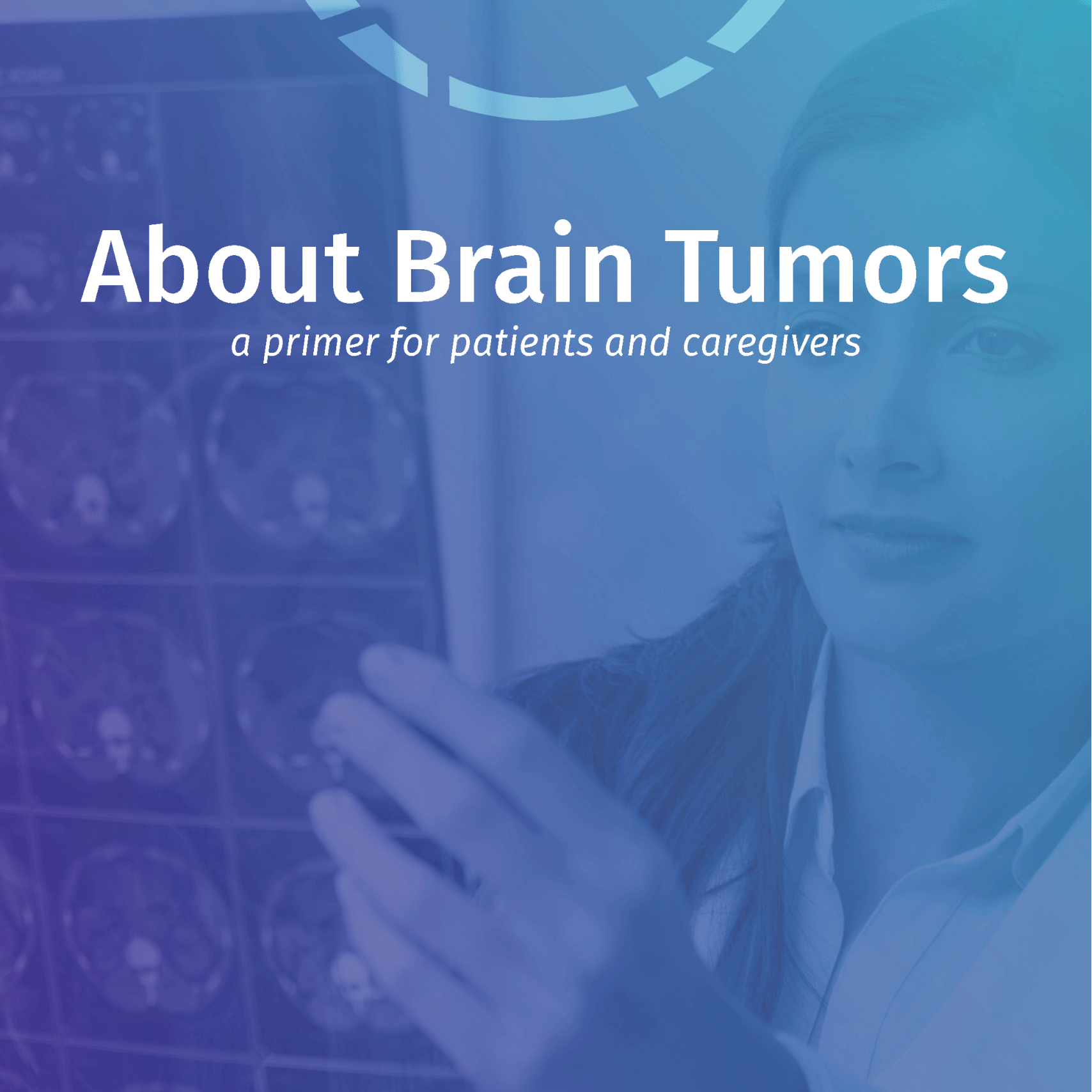Getting diagnosed with brain metastases can feel overwhelming. But there’s good news: people are living longer after this diagnosis, and there are many things you can do to feel better, protect your brain, and enjoy life. In a recent Patient Family Meeting Webinar Series, Dr. David Piccioni shared helpful tips for staying healthy. He talked about the best ways to take care of your brain and body during and after treatment.
What Are Brain Metastases?
Brain metastases happen when cancer spreads from another part of your body to your brain. This can affect how you think, feel, move, or even see. The symptoms depend on where the tumors are in the brain. For example, if the tumor is near the front of your brain, it might make you feel sad or forgetful. If it’s near the back, it might affect your balance or vision.
Every person is different, and so is every brain. That’s why it’s so important to focus on brain health and learn what helps you feel your best.
1. Move Your Body, Even a Little
Exercise is one of the best things you can do for your brain and your body. You don’t have to run a marathon or go to the gym every day. Gentle movement, like walking, stretching, or light yoga, can make a big difference. Even just 20 minutes a day can help you feel stronger and more relaxed.
Dr. Piccioni shared that patients who exercised during treatment felt better overall. Some joined tai chi or yoga classes. Others went for short walks. The important part is finding something that feels good for you and making it a part of your routine.
Exercise helps reduce stress, improve sleep, and boost your mood. It also helps keep your brain working better, which can make you feel more like yourself again.
2. Eat Foods That Fuel Your Brain
Eating the right foods can also help your brain stay healthy. Dr. Piccioni recommends focusing on real, whole foods that give your body the vitamins and nutrients it needs. Fish like salmon, leafy greens, nuts, seeds, berries, and colorful fruits are all great choices.
The ABTA offers a helpful “Foods for Brain Health” guide you can download. It explains which foods support brain function and how they work.
Some people also want to try vitamins or supplements. Dr. Piccioni says that’s okay—but it’s very important to talk to your doctor first. Some supplements can mix badly with your cancer treatment or make side effects worse. It’s best to add only one new supplement at a time and watch how your body reacts.
3. Give Your Brain a Workout
Your brain needs exercise too! Brain tumors can sometimes make it harder to think clearly, focus, or remember things. This is called cognitive change—and it’s normal. The good news is that your brain can learn new ways to work around those changes.
You can help your brain by doing puzzles, memory games, or special apps like Lumosity or Big Brain Academy. These games test things like memory, attention, and speed. They also help you see which areas of your brain are strong—and which ones could use a little extra practice.
You might also talk to a neuropsychologist. They can do a special test to find out exactly how your brain is doing. Then, they can help you come up with a plan to improve how you think and feel each day.
4. Talk About How You Feel
When you’re living with brain metastases, it’s normal to feel anxious, sad, or even angry. Sometimes these feelings come from the tumor itself, especially if it’s in the part of the brain that controls mood. Other times, they come from the stress of dealing with cancer.
Whatever the cause, it’s okay to ask for help. Seeing a counselor or therapist can help you work through your emotions. Some people also feel better with medicine to treat depression or anxiety.
Dr. Piccioni reminded everyone that your feelings matter. Taking care of your emotional health is just as important as treating your cancer. You don’t have to go through this alone.
5. Sleep Is Super Important
Good sleep helps your brain rest, heal, and recharge. Dr. Piccioni says sleep is one of the most important parts of staying healthy with brain metastases.
He recommends setting a regular bedtime and wake-up time—even on weekends. Try to avoid screens like phones or TV before bed. Instead, do something calming like reading or listening to soft music. Keep your room cool and dark, and avoid caffeine or big meals late at night.
If you have trouble sleeping, talk to your doctor. Some people take melatonin or magnesium to help. These can be safe, but they aren’t right for everyone—especially during treatment. That’s why it’s always best to check first.
What About Alcohol or THC?
Some people ask if it’s okay to drink alcohol or use THC (from marijuana) to relax or sleep. Dr. Piccioni says a little may be okay, but only if your doctor agrees. These substances can interact with your medications, and too much can make things worse.
If you’re using THC or CBD gummies to sleep, tell your doctor. They can help make sure it’s safe and won’t affect your treatment.
You Have the Power to Take Care of Your Brain
Dr. Piccioni’s biggest message was this: You can still do many things to feel better and protect your brain. You don’t have to be perfect. Just start small and take one step at a time.
- Try a short walk every day
- Eat a healthy meal with brain-boosting foods
- Do a quick brain game
- Talk to someone you trust
- Go to bed a little earlier
Each small step adds up to a stronger, healthier you.
Helpful ABTA Resources
The ABTA is here to support you with tools and resources including:
- The ABTA online Connections Community
- Online and in person support group listing
You can also call the ABTA CareLine at 1-800-886-2282 for personal help and answers.
Final Thoughts
Living with brain metastases is hard—but you’re not powerless. You have strength, courage, and tools to help you thrive. Dr. Piccioni showed us that healthy habits like exercise, diet, sleep, and emotional care really do make a difference.
Be kind to yourself. Take one small step at a time. And remember: your brain is strong, and so are you.






























